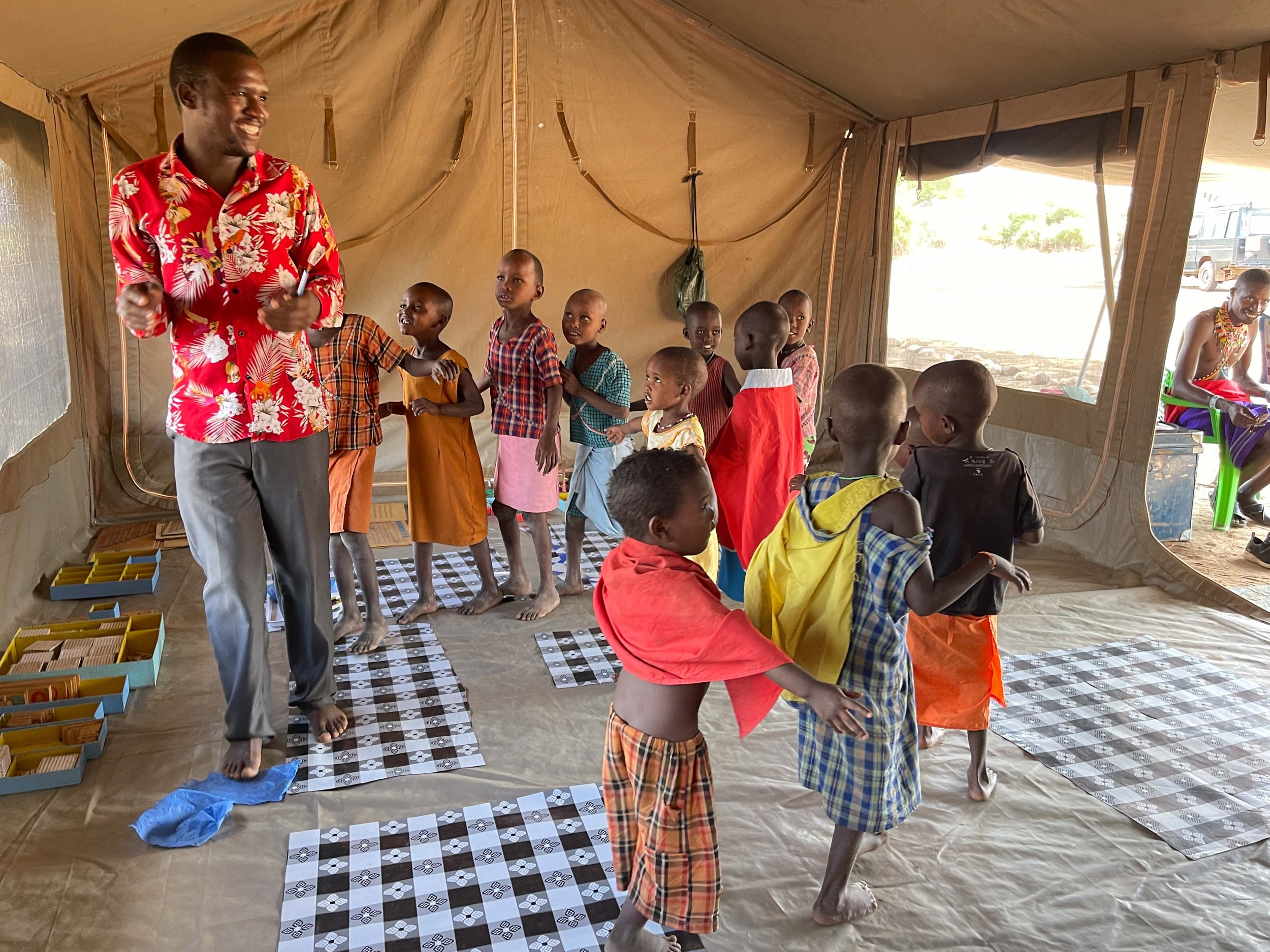Sustainable Travel
Take me to the places on the earth that teach you how to dance, the places where you can risk letting the world break your heart. And I will take you to the places where the earth beneath my feet and the stars overhead make my heart whole again and again. - Oriah Mountain Dreamer
People turn to nature for restoration and renewal, inspiration and healing. The desire to leave home, to immerse ourselves in a culture and landscape different from our own is part of the urge to travel. When we step away from the familiar into a different culture and environment, there is potential to discover new parts of ourselves. How we meet the unfamiliar can be transformative.
Nature based tourism has drastically increased in popularity over the past five years. Currently two of the top five factors tourists consider when choosing a destination are access to nature and ecotourism opportunities (2017 report from Brand USA). There is an increasing awareness that our world is in a perilous point in history. With growing knowledge about climate change, environmentally conscious tourists are faced with a dilemma. Do I stay home to reduce my carbon footprint? Do I go to support the economy of these special places so there are funds to protect them? Like so many questions in life the answer is complex.
Mt Ololokwe, sacred mountain to the Maasai and Samburu people
“Please come! We need you.” said Dr. Winnie Kiiru, Executive Director of the Mpala Research Center in Kenya. “When are you coming back?” ask my Maasai and Samburu friends whose income and support of their families is dependent on tourism. The moment a tourist touches down in Kenya every dollar spent has a ripple effect.
Kenya experienced a devastating drought over the past 3 years. Indigenous people suffered along with the wildlife. Both Reteti and the David Sheldrick elephant sanctuaries rescued many elephant calves orphaned due to drought.
The Maasai and Samburu are pastoralists. Cattle, sheep and goats represent their wealth and their culture. With nothing to graze on their herds have been decimated. “There are bones everywhere,” reported one friend. No cattle, no income. No income means parents cannot afford to pay school fees. No school fees, no education, no future for the next generation. This is most significant for young girls who are at risk of being married young so there are fewer dependents in the struggling family. When the tourists come, the Maasai and Samburu have alternative options for employment. They work as rangers, guides, drivers, and hospitality staff. Tourism highlights how wildlife is an economical resource worth protecting.
When we unite to protect a resource, the impact is far- reaching. Because conservation is important to me, when I plan a trip, I want to know what environmentally friendly practices are used where I stay such as: no single use plastic, availability of local food sources, clean energy etc. I inquire what is being done to protect the natural and cultural heritage of the area. I ask if the business supports the social and economic well-being of the local people.
When we stay at Sarara camp we support this nomadic Montessori preschool for Samburu children
I recently wrote to one of the 5* lodges on my January itinerary about how their conversion to solar power was progressing. They responded that COVID slowed the installation of solar panels, but the project was now nearing completion. The client liaison person asked if this would impact my choice of their lodge for my upcoming safari. I replied “YES”. As individuals we can be influencers when we choose sustainable travel. I feel better knowing my choices support conservation.
I have 3 spaces left on my January 2024 safari.. Contact me if you would like to join me and be part of the solution to protect the iconic wildlife of East Africa.
About your guide: Kathy Karn is an international award-winning wildlife photographer and visual storyteller who fell in love with Africa on her first visit in 2010. She loves to introduce others to the wonders of Africa and the need for preservation of wildlife. Subscribe to Heartfelt Stories to learn more about what awaits you on safari.
In traveling to a truly foreign place, we inevitably travel to moods and states of mind and hidden inwards passages that we’d otherwise seldom have cause to visit. Pico Iyer










